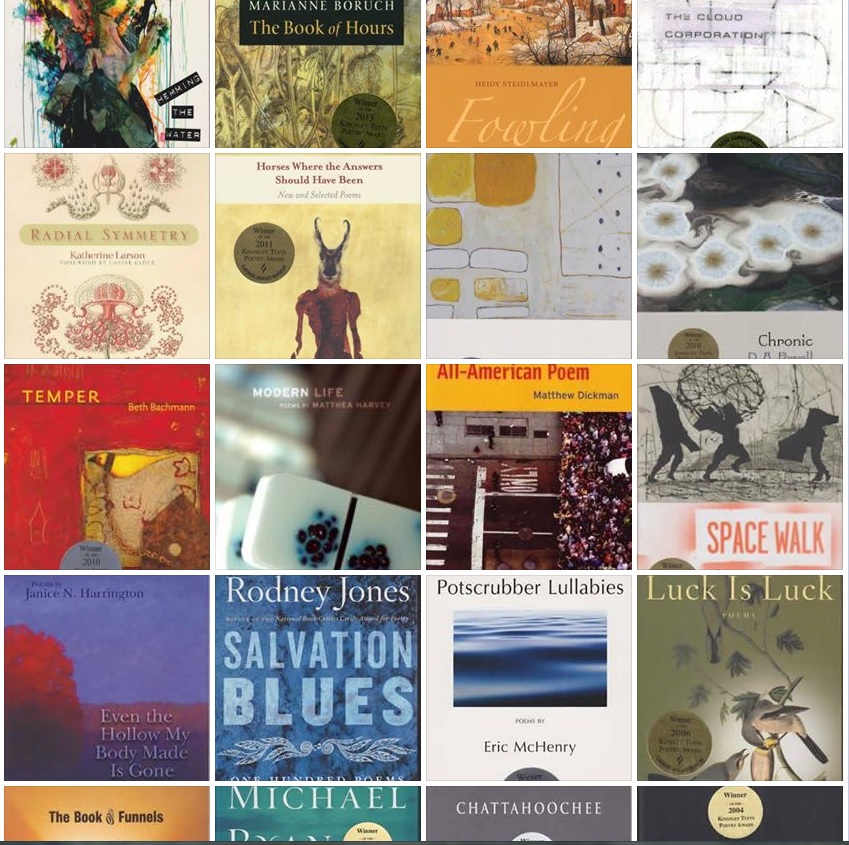Poetry: Wanted Dead or Alive

There are currently three $100,000 poetry prizes in the United States. One resides in New York, another in Chicago, and of course, the last one is here at Claremont Graduate University. For the extremely lucky poet, there is the Nobel Prize in Literature, which awards over a million dollars. Tomas Tranströmer was the last poet to win a Nobel Prize in 2011. This was a monumental accomplishment, as he beat out prose and drama writers, even lyricists—like the latest Nobel winner, Bob Dylan.
But the odds of winning these awards are slim. The rarity makes the recognition notable. Unfortunately, it is a fact that even great poets do not generally make a living solely by their poetic trade. In 2011, New York Magazine broke down the numbers: the offered positions in funded M.F.A. programs, number of poems selected for yearly publication by The Best American Poetry, pay by line/page from major publications, gains from best-selling poetry books, etc. Overall, it’s a somewhat bleak picture. Poets often moonlight as adjunct professors because in general…it’s hard out here for a bard.
Gone are the days of patrons, but even if they weren’t…if Milton had to work as a pamphleteer, what hope can the rest of us have? Walt Whitman had to work as a government clerk. Richard Siken is a full time social worker. Maya Angelou was a fry cook, performer, coordinator, university administrator, street car driver, sex worker, nightclub dancer, journalist, actor, writer, director, and producer. Given the talent and importance of our betters, the rest of us should expect to have non-poet jobs too, probably.
It seems that except in very rare cases, sadly, it doesn’t pay much to write poetry. For perspective, in 2011, Billy Collins’ Horoscopes for the Dead was considered a poetic “smash hit” because it sold around 18,406 copies. His estimated earning? $44,177. In 2016, George R. R. Martin made an estimated $10 million in book royalties, and this figure does not take into consideration the estimated $15 million in HBO royalties generated from the TV adaptation. Unfortunately, though Pat Macmillan says of Collins, “…no other living poet has done more to reengage and revitalize poetry’s readership,” it is doubtful there will be a TV or movie adaptation of Horoscopes.
So where’s our relief fund? The Washington Post is due for another obituary for poetry this year. In 2013, a Post headline read: “Is Poetry Dead?” The author of said article later posted on the same subject to apologize and rescind her proclamation: “Compared to poetry, I am barely alive myself.” But in 2015, the Post headline was once again: “Poetry is going extinct, government data show.” The data in this report show that poetry readership has dropped below both jazz and knitting. Wasn’t there just an academy award-winning movie about the decline of jazz?!
This should concern us because for an artist in a commercial economy, the spotlight is the great provider. Now, poetry does not completely run off the map: Kate Tufts Discovery Award winner Danez Smith was featured on The Late Show with Stephen Colbert in 2016 to collaborate with rapper Macklemore in a performance meant to check white privilege. But even this could demonstrate the ways in which other art forms (such as rap and prose fiction) dominate public attention over poetry. It’s fairly clear that poets lose out in the battle on the public frontier. Worse still, now that the NEA and NEH funds have been slated to be eliminated entirely, the poetic refuge that academia has always offered will likely shrink as well.
The reality of traditional poetry’s dwindling audience against the looming dearth in financial support is a painful wake-up call. However, in her introduction to the 25th Annual Kingsley & Kate Tufts Poetry Awards poetry anthology, Kingsley & Kate Tufts Poetry Awards Director Lori Anne Ferrell describes the place of poetry in the world as a source of “consolations” and “clarity.” Her conclusion is that the world has never needed poetry more. In the above-discussed mea culpa for The Post (for “killing” poetry), Alexandra Petri describes poetry as ultimately “invincible” and “a certain way of speech that will out.” If that is true, and I suspect it is, then we needn’t worry. Poetry is not only consolation; it is also disruption, treatise, epic, rage, desolation and all the possibilities of language and human capacity. Poetry endures as long as penniless poets dutifully go to their day jobs, only to return home and write immortal works of poetry. If relief never comes, we have built-in consolations. Poetry does not die, disaster or no.
—Kelly Eisenbrand
Share